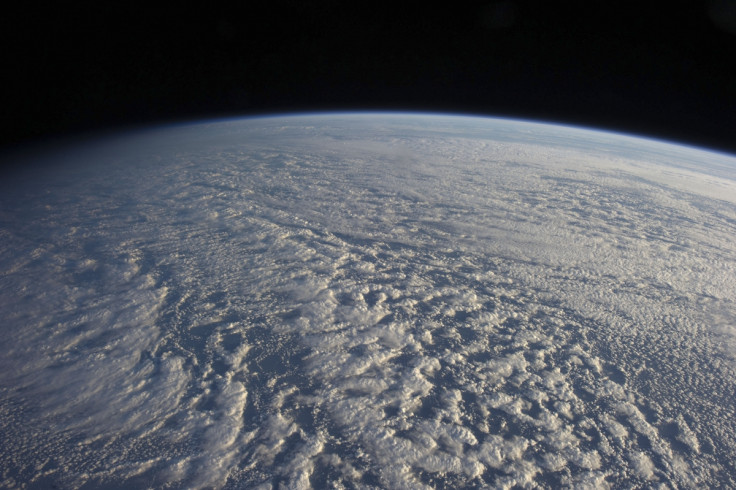Nasa: Liquid Water on Planet Kepler-186f has Potential for Life

The discovery of a rocky planet which could contain liquid water could be a breakthrough in the search for extraterrestrial life.
The planet, dubbed Kepler-186f, was discovered by Nasa's Kepler telescope which was launched in March 2009 to search for habitable Earth-sized planets in our corner of the Milky Way.
Astronomers at San Francisco State University said that a habitable zone planet orbits its star at a distance where any water on the planet's surface is likely to stay liquid. As liquid water is critical to life on Earth, many astronomers believe the search for extraterrestrial life should focus on planets where liquid water occurs.
"Some people call these habitable planets, which of course we have no idea if they are," said Stephen Kane, a professor of physics and astronomy. "We simply know that they are in the habitable zone, and that is the best place to start looking for habitable planets."
Kepler-186f is the fifth and furthest planet discovered orbiting the dwarf star Kepler-186. The planets were discovered by the transit method, which detects potential planets as their orbits cross in front of their star, dimming the star's brightness.
Astronomers calculated that the planet was slightly bigger than Earth and was massive enough to accumulate a thick hydrogen and helium atmosphere.
The planet's size influences the strength of its gravitational pull and its ability to pull in gases such as hydrogen and helium. Kane said that there was a small chance the planet would have gathered up a thick hydrogen and helium envelope, which increased the probability it had a rocky surface like Earth.
Kane added that Kepler-186f appears to be orbiting at the outer edge of the habitable zone around its star, which could mean that any liquid surface water would be in danger of freezing. Yet he added: "However, it is also slightly larger than the Earth, and so the hope would be that this would result in a thicker atmosphere that would provide extra insulation".
© Copyright IBTimes 2025. All rights reserved.





















